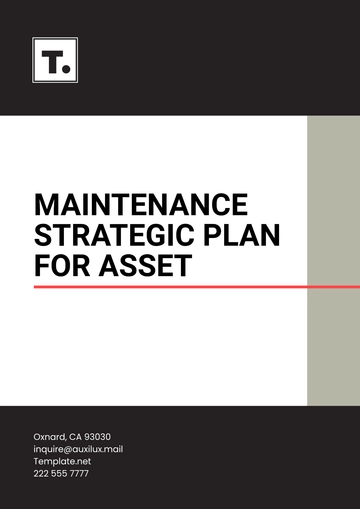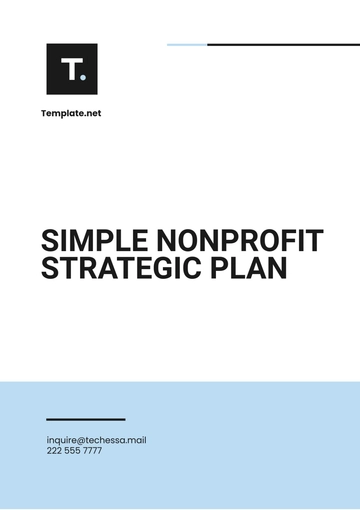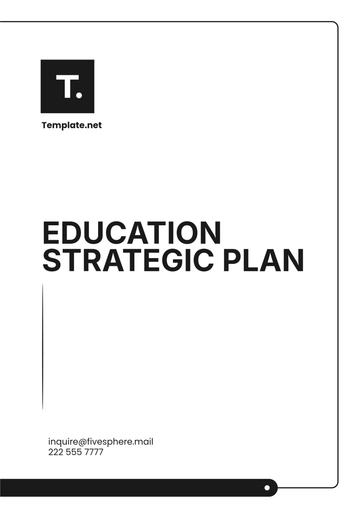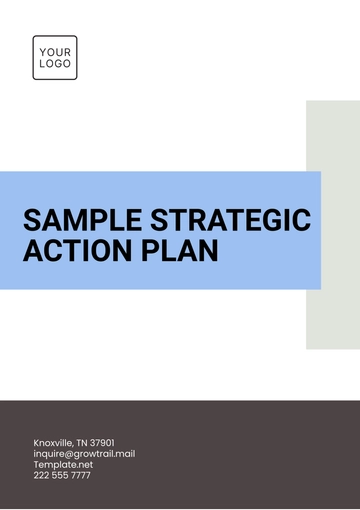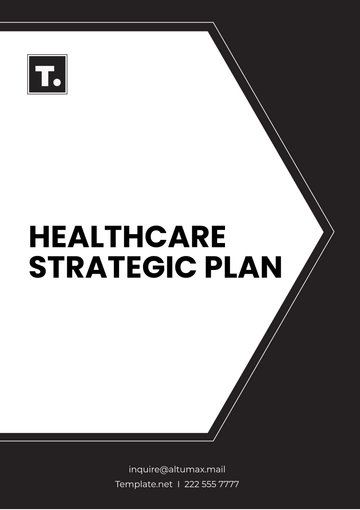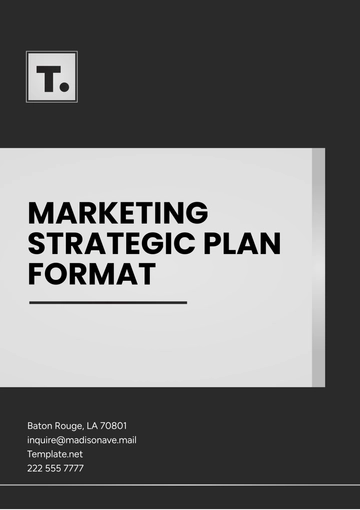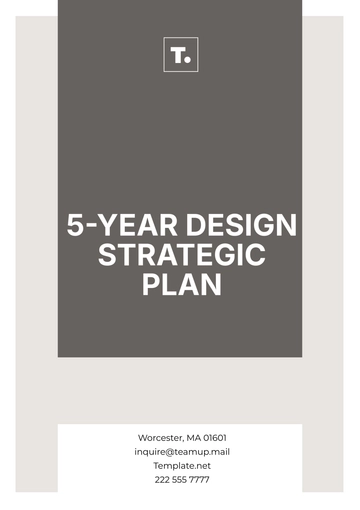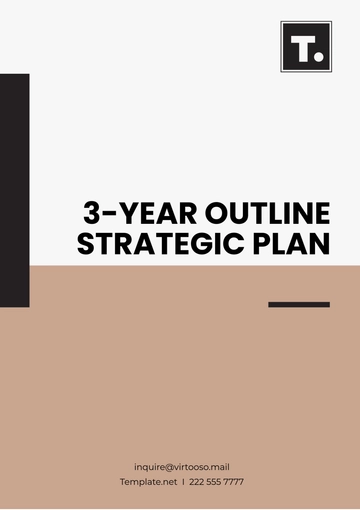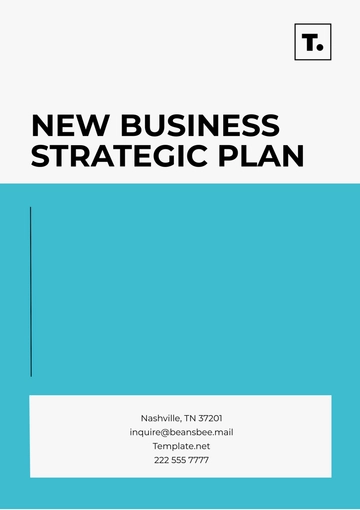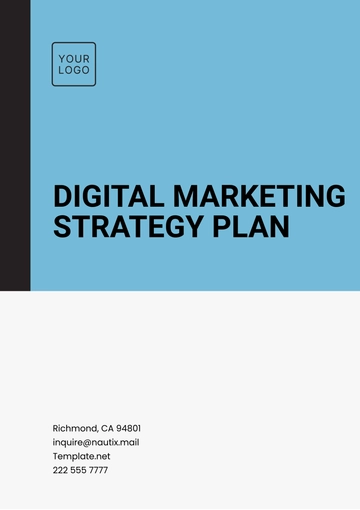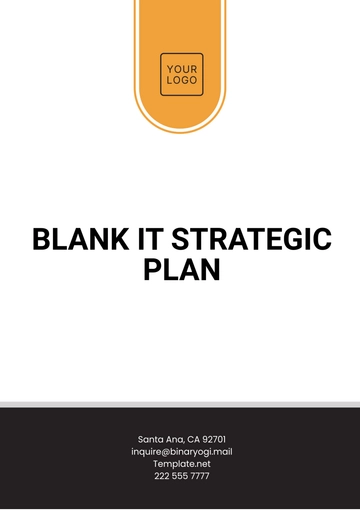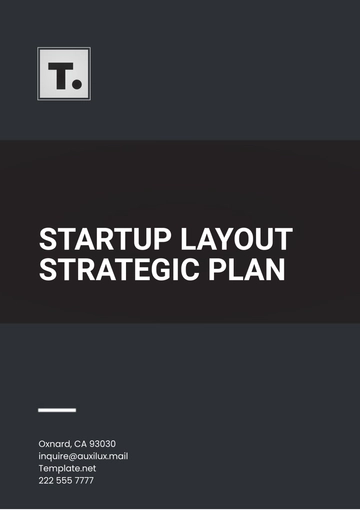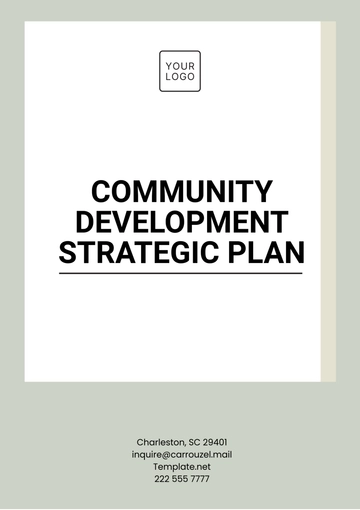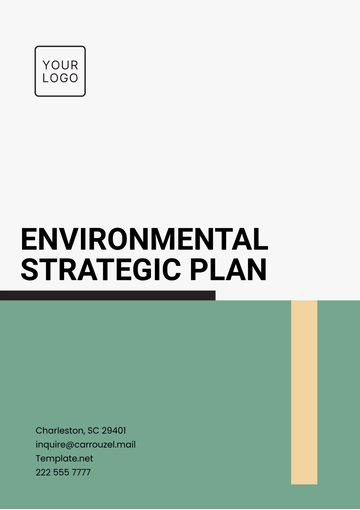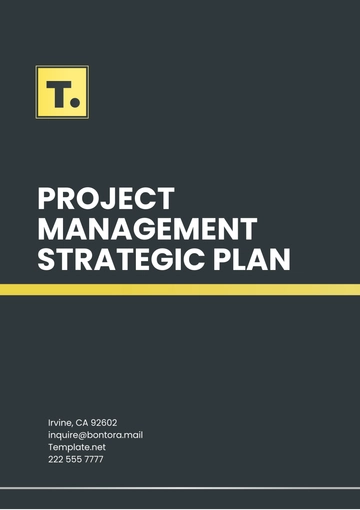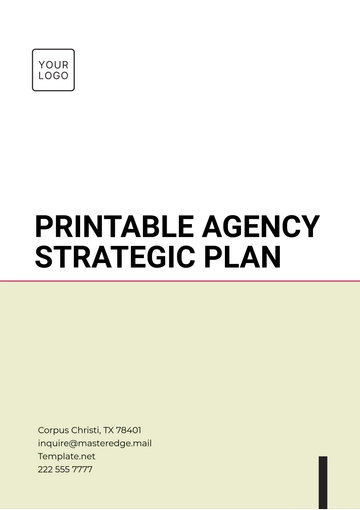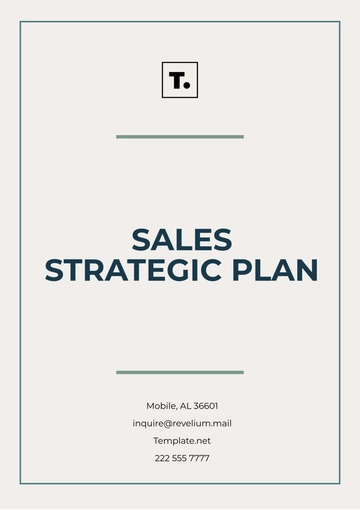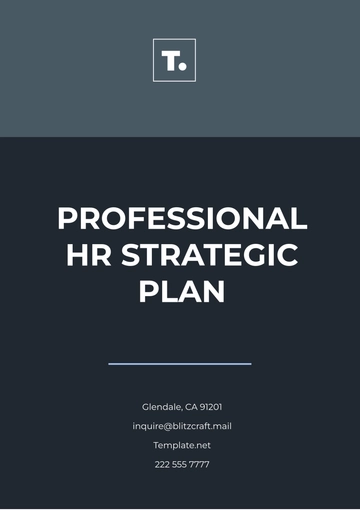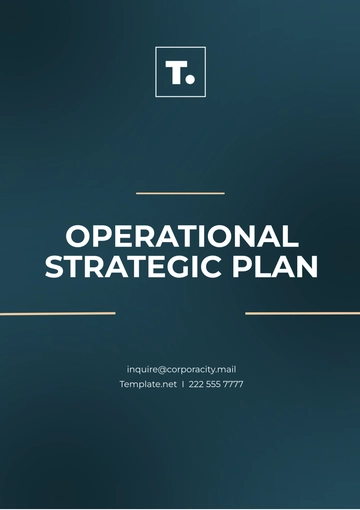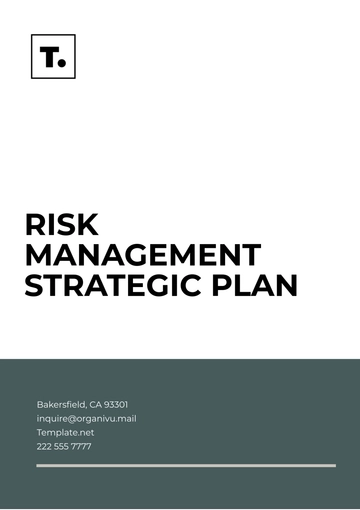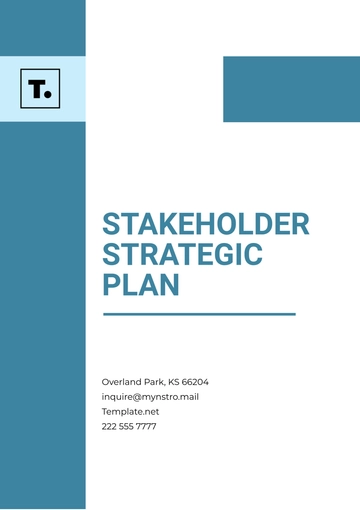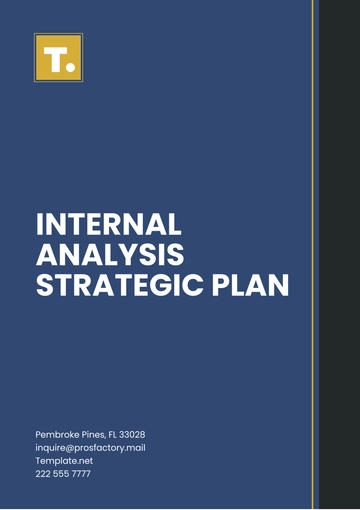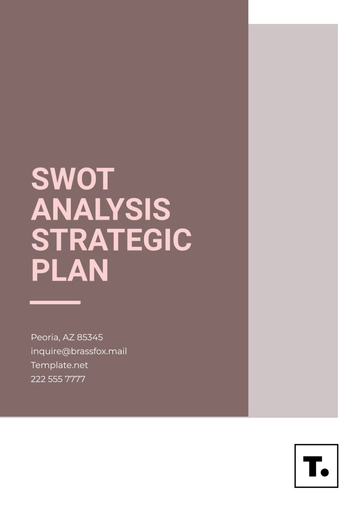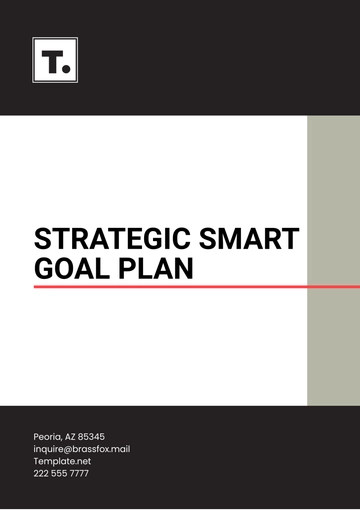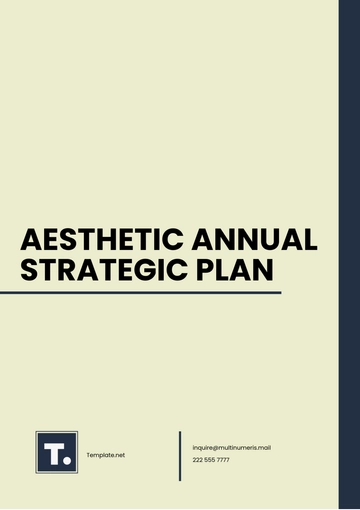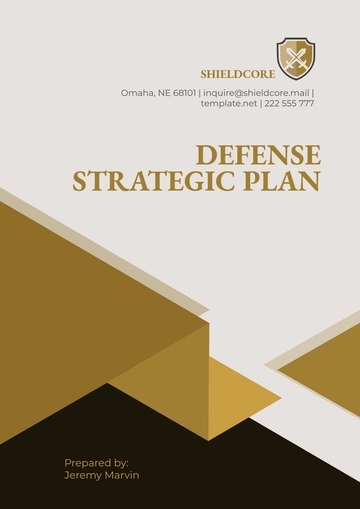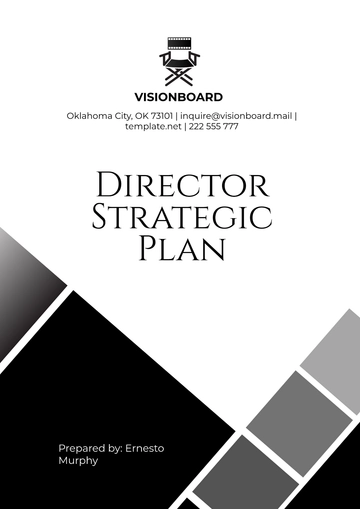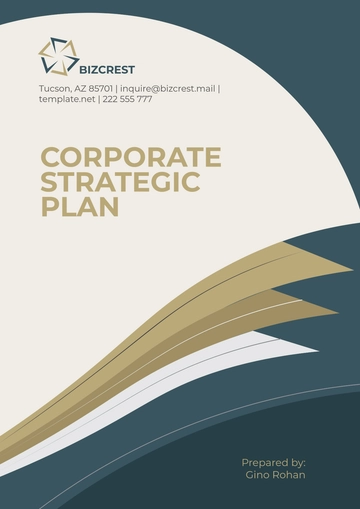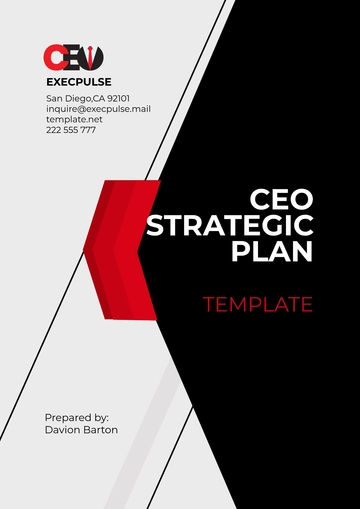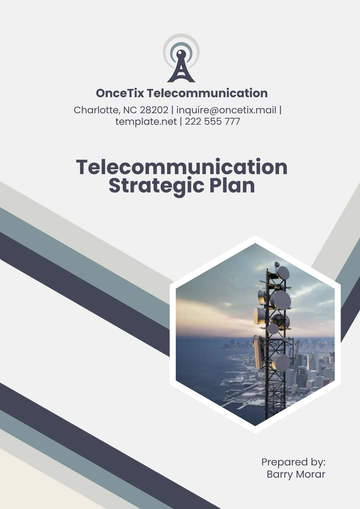Free Agile Marketing Outline Strategic Plan
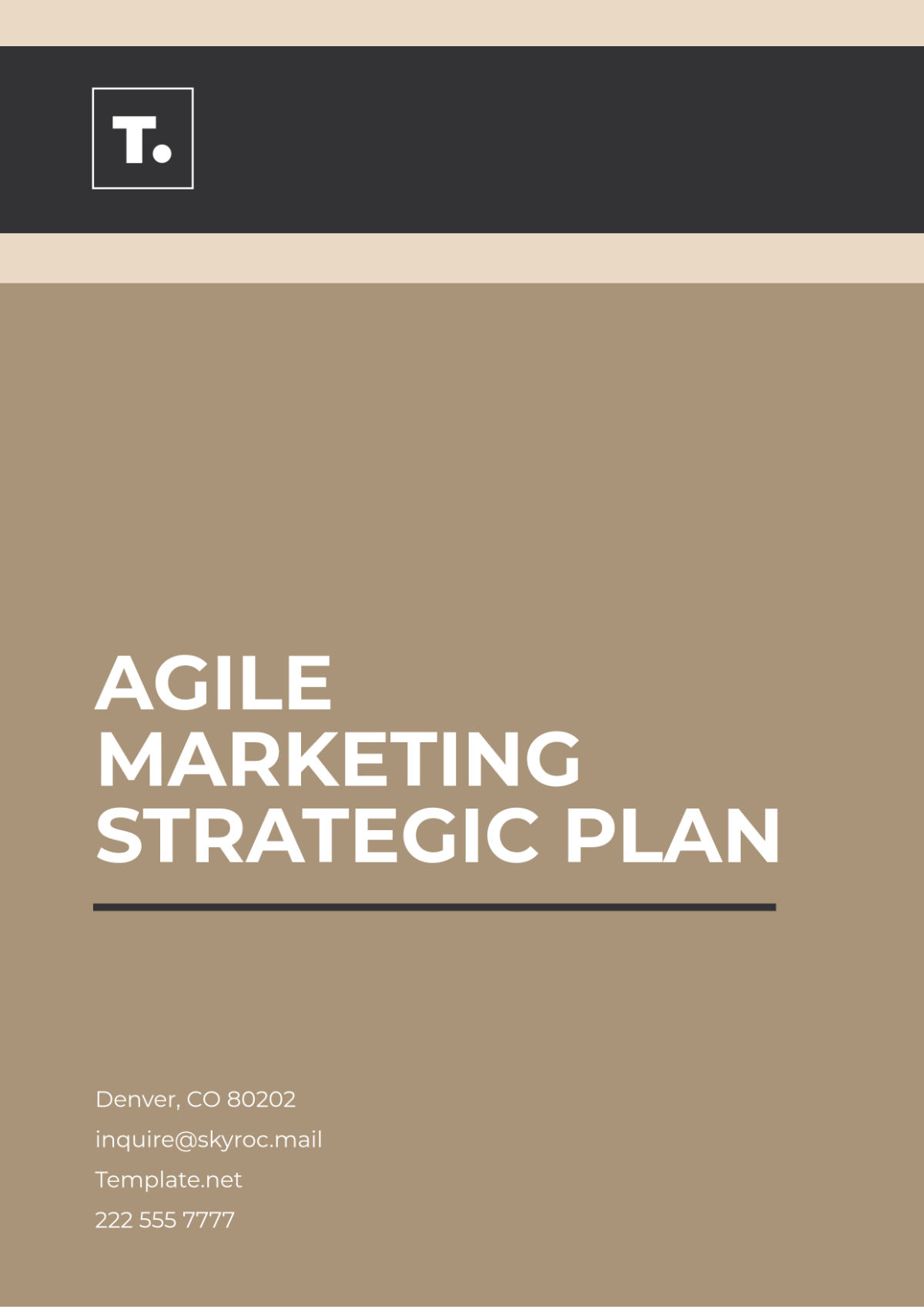
Prepared by: [YOUR NAME]
Date: [DATE]
I. Introduction
The Agile Marketing Strategic Plan is designed to create a dynamic, responsive marketing environment that leverages real-time data and insights to adjust strategies swiftly. Agile marketing prioritizes flexibility, customer-centric approaches, and transparency, enabling teams to adapt to the rapidly changing marketplace.
II. Goals and Objectives
The primary goal of this strategic plan is to enhance marketing effectiveness through agile principles. Specific objectives include:
Increase customer engagement and satisfaction.
Accelerate time-to-market for campaigns.
Improve marketing ROI.
Foster collaborative work environments.
Key Performance Indicators (KPIs)
To measure success, the following KPIs will be utilized:
KPI | Target | Measurement Frequency |
|---|---|---|
Customer Satisfaction Score | 85% | Quarterly |
Marketing Campaign Time-to-Market | 30% Reduction | Quarterly |
Return on Investment (ROI) | 150% | Annually |
III. Agile Marketing Strategies
A. Sprint Planning
The marketing team will implement bi-weekly sprint planning sessions. During these sessions, team members will prioritize tasks, outline deliverables, and assign roles and responsibilities.
B. Cross-Functional Teams
Our strategy involves forming cross-functional teams that include members from content, design, analytics, and digital platforms. These teams will focus on:
Developing cohesive marketing messages.
Ensuring consistent branding across platforms.
Utilizing data-driven insights to guide decision-making.
C. Customer Feedback Loops
Implementing customer feedback loops will allow for more informed marketing strategies. We will gather feedback through:
Surveys and polls.
Social media engagement.
Direct customer interviews.
IV. Implementation Timeline
The implementation of the Agile Marketing Plan will occur over four quarters:
Quarter | Activities |
|---|---|
Q1 | Sprint planning sessions and training; forming initial cross-functional teams. |
Q2 | Launching pilot projects; and establishing feedback mechanisms. |
Q3 | Scaling successful strategies; in-depth analysis of KPIs. |
Q4 | Comprehensive review and adjustments; setting objectives for the next year. |
V. Budget and Resources
The plan considers existing financial constraints while ensuring sufficient resources for successful execution. The budget allocation is as follows:
Personnel Training and Workshops: 20%
Technology and Tools: 30%
Market Research: 25%
Customer Engagement Activities: 15%
Miscellaneous: 10%
VI. Conclusion
By adopting an agile marketing strategy, our organization aims to secure a competitive edge through responsiveness, innovation, and customer satisfaction. With clearly defined goals, flexible planning, and continuous improvement mechanisms, the agile marketing approach will enhance overall performance and drive business growth.
- 100% Customizable, free editor
- Access 1 Million+ Templates, photo’s & graphics
- Download or share as a template
- Click and replace photos, graphics, text, backgrounds
- Resize, crop, AI write & more
- Access advanced editor
